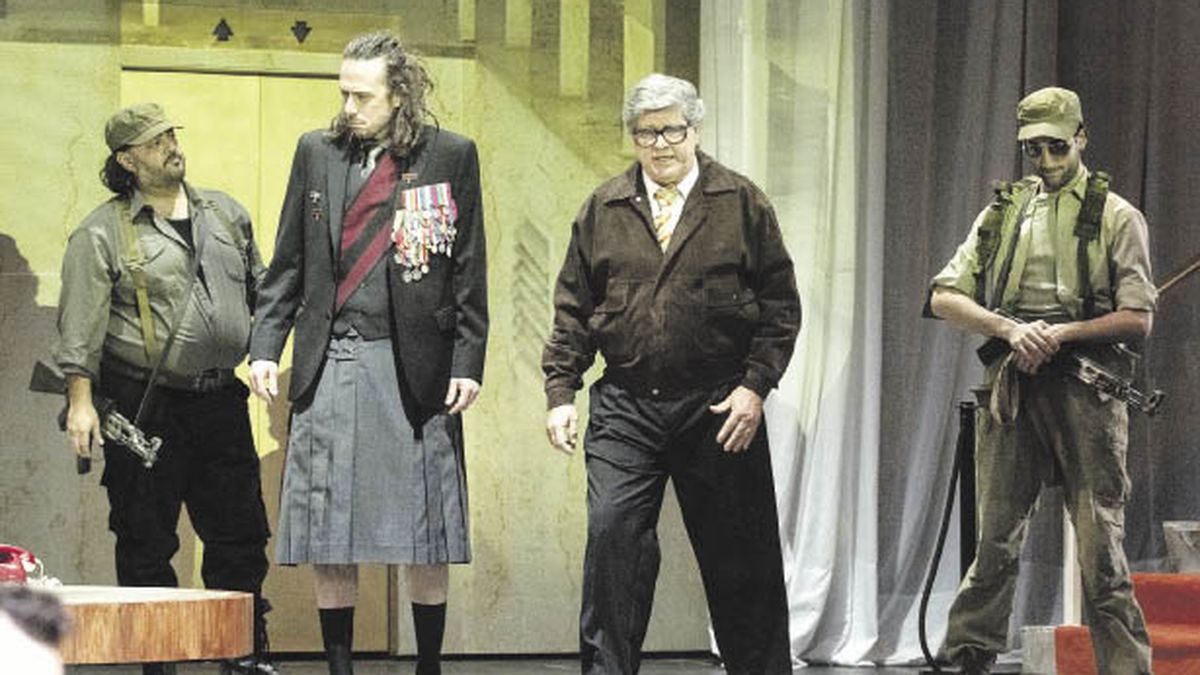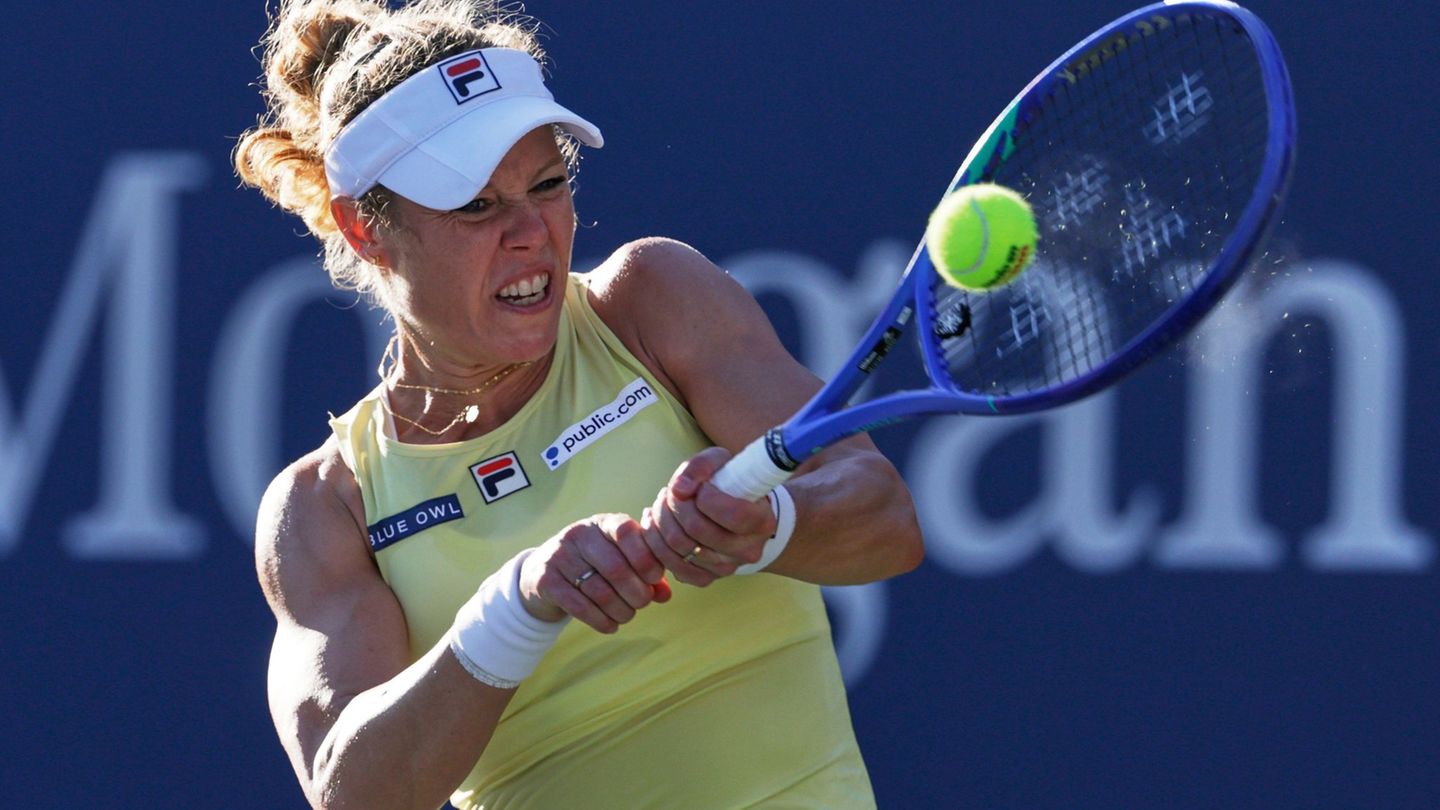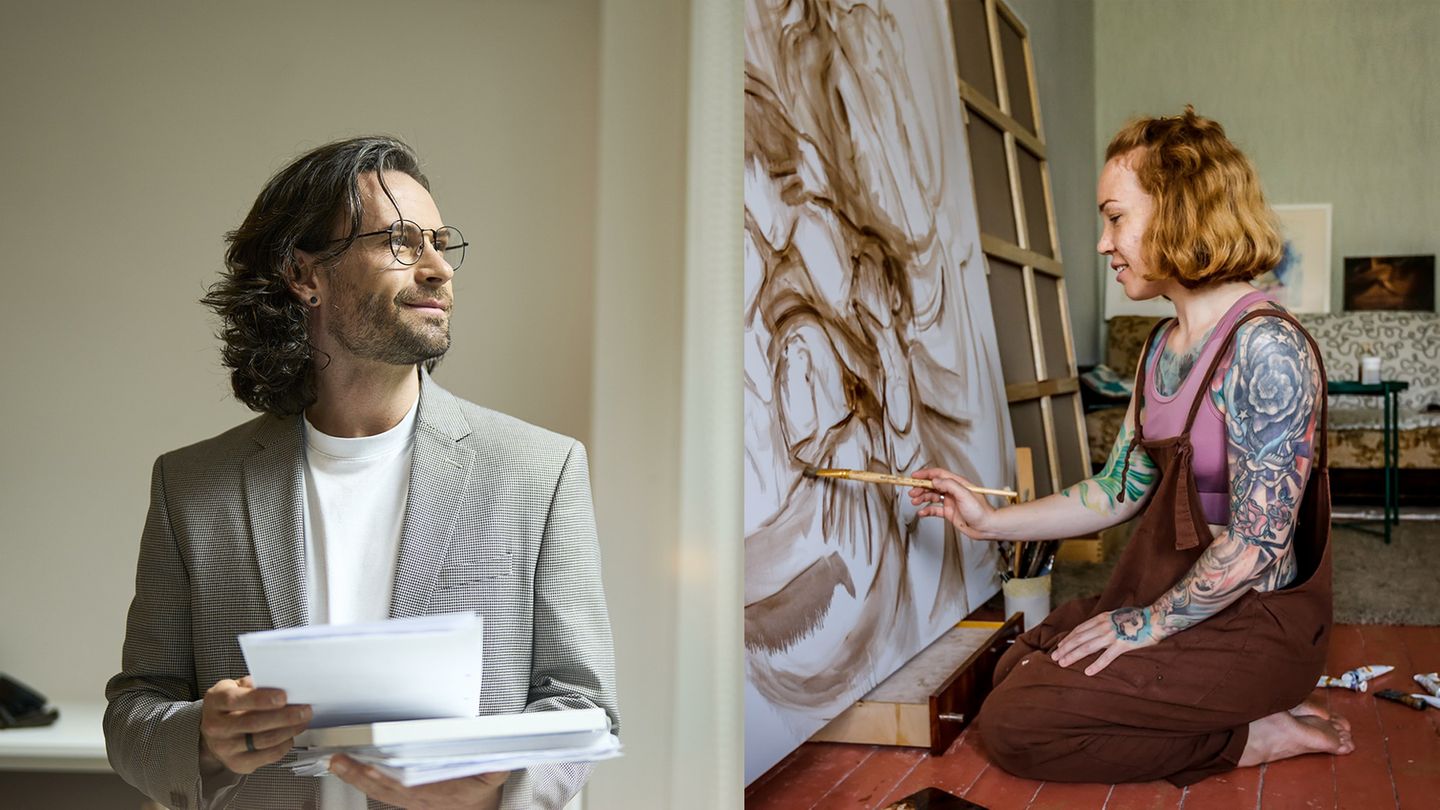“Dirty hands” was read as a denunciation of Stalinism. The author said that it had been a great misunderstanding, from which he submitted the representations of his text to the approval of the Communist Party for its premiere in each country. From then on, the work ignited the debate about whether the end justifies the means, individual responsibility, the differences between ideas and praxis, heroic fantasies and the truths of real politik.
It can be seen from the weekend from Wednesday to Sunday at 8 pm. We talk with Aragonés.
Journalist: Eva Halac highlights from Sartre that all his characters are right and at the same time guilty. What about this in the work?
William Aragones: Each one from their subjectivity defends or accuses and the viewer will identify with the best or worst reasons that are debated in the work. It is impossible not to think of updating Sartre at a time when the reflections, analyzes and proposals of governments and ideological frameworks are becoming more flexible to one side and the other, aiming at achieving certain objectives. Who is the ultimate culprit? What happens with material like this is that it invites us to question ourselves about the linearity or otherwise of the concepts and decisions we make. There is no absolute.
Q.: What interested you about the play and your character?
AG: Doing Sartre is something most of us actors aren’t lucky enough to tackle and this was an opportunity. It is also because of what the montage means with such an intense and complex material. I embody Karsky and lead the debate scene about reaching agreements about the future. The play takes place at the end of World War II and becomes very current in these strange times of war in which the political, social and existential world is thought of, as in the play. Karsky is a member of the conservative party of Liria and meets with the Prince and the head of the armed group that has formed the guerrilla, representative of the left. These are the actors in a debate about the future. It will be necessary to see if it reaches a resolution. It is a pivotal scene because of its forcefulness.
Q.: The challenge of trying to live according to one’s own ideas is central to Sartre.
AG: That is the main debate. We are all the time confronting and seeing what is the most appropriate door to enter and also listen in other places to what does not contain us so much intellectually. There is also work to streamline the dynamics based on the preconception that the classic is an arduous task. But here there is a dynamic proposal from the performances and the dramaturgy, the way in which the ideas and the journey of the characters are implemented, that allows us to approach a material that may seem far from the present.
Q.: What does it mean to go on stage at the San Martín?
GA: As a teenager, when I was not yet studying theater, I went to see “Las Troyanas” with María Rosa Gallo. Later I was assistant director of Hugo Urquijo, there I also saw Catalina Speroni or Alfredo Alcón. I feel that when I walk through the Casacuberta space, all the ghosts of extraordinary people are there. Seeing geniuses there was pure magic, a huge journey for my life.
Source: Ambito
David William is a talented author who has made a name for himself in the world of writing. He is a professional author who writes on a wide range of topics, from general interest to opinion news. David is currently working as a writer at 24 hours worlds where he brings his unique perspective and in-depth research to his articles, making them both informative and engaging.




